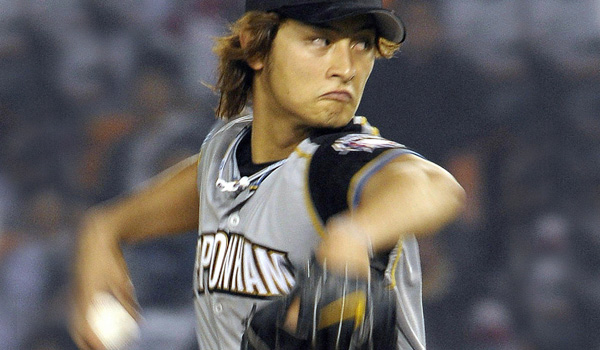
For many years, American baseball fans with an eye towards the Japanese Major Leagues have been rolling out the red carpet for the Nippon-Ham Fighters‘ 6-foot-5 fireballer Yu Darvish. The NPB (Nippon Professional Baseball) has a strange relationship with MLB regarding their players crossing the Pacific to play stateside.
NPB players can sign with an MLB team by way of free agency, after 9 years of being under club control, compared to MLB’s 6 years. Since NPB players are likely past their primes by the time they reach free agency, the most attractive way for NPB players to face the challenges of MLB competition is via the posting process – NPB teams sell an MLB team exclusive negotiating rights to a player in a silent auction, and if the player and MLB team reach agreement, the player is sold.
American media has made noise about Darvish being posted in offseasons before, but never as loud as it is now. This naturally leads fans to make comparisons, and for illogical reasons (read: racism) Japanese players are most often compared to other Japanese players. This happens among players of other races as well, but since there are far less Major Leaguers of Japanese descent, the sample sizes are tiny and comparisons are highly inaccurate. This is why the comparisons you read of Darvish to the last hyped Japanese pitcher to be posted, Daisuke Matsuzaka, are terrible. Their numbers in the NPB, as well as their skill sets, are vastly different. I will not entertain such a baseline, and neither should you.
I have an interesting comparison for Yu Darvish that most people may not have yet considered (And by interesting, I mean not-Matsuzaka. That adjective you’re looking for there is ass-hatted). Aside from the home run rate, their rate numbers are nearly identical.
Yu Darvish’s last 3 years, compared to Player A in same league:
SO/9: (D)9.7 | (A)9.4
BB/9: (D)1.8 | (A)1.2
HR/9: (D)0.3 | (A)0.6
~
Who might Player A be? It’s Texas Rangers RHP Colby Lewis during his two-year stint with the Hiroshima Carp from 2008 to 2009. Colby Lewis is, admittedly on my part, not a perfect comparison. Darvish has sustained impeccably low ERAs throughout his entire NPB career, which leads one to believe he, unlike others, shows some kind of talent outside of what DIPS numbers can detect. He is likely causing NPB batters to “mis-hit” the ball often or pitches better with men on base. Darvish also throws more innings per year than Lewis did.
Despite these imperfections in my comparison, Lewis is the best base to adjust your expectations of Darvish from. Lewis has given the Rangers 6.9 fWAR over 2 seasons. Considering he pitches in a bandbox and FIP doesn’t adjust for HR/FB rate, I’d comfortable calling Lewis a 4 WAR pitcher, which is to say he’s a solid #2 starter.
Darvish in the MLB isn’t likely significantly better than Colby Lewis. Unless he’s racking up groundballs that I’m unaware of, I think it’s likely his home run rate will stabilize at the level of most MLB flyball pitchers. Will Darvish be able to keep getting batters to mishit the ball in the MLB? My guess is no, considering the kind of non-knuckleball pitcher who does that is a very rare breed, especially among RHPs.
I think Darvish is a 4.5 WAR pitcher in the bigs, assuming he makes all the on-field and off-field adjustments (which is not a safe assumption, by the way). That’s pretty darn good, but not mesmerizing, nor worth the hype and high dollar price tag.
If teams are looking to add another #1/2 starter, CJ Wilson is available for what is likely a lower price and more proven track record.


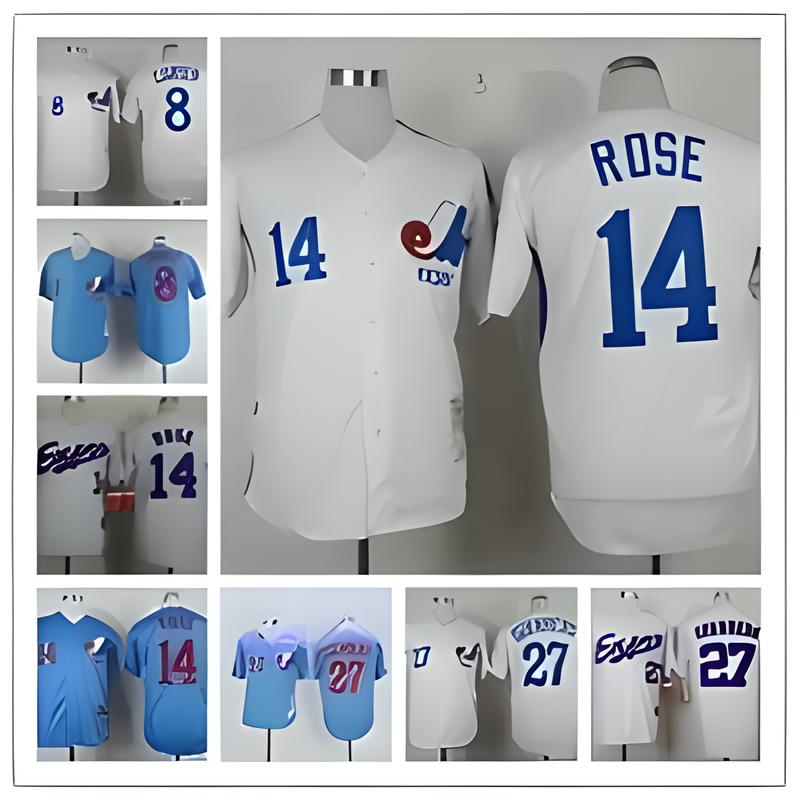

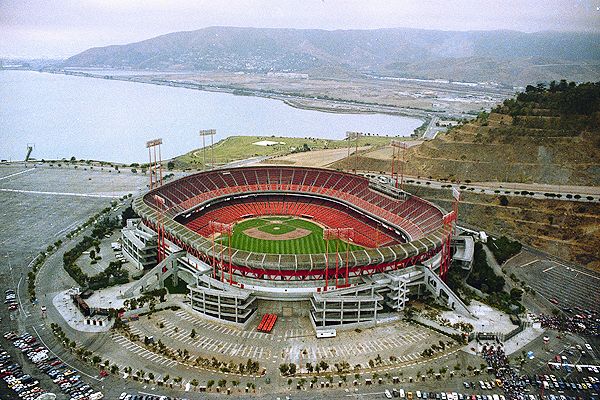
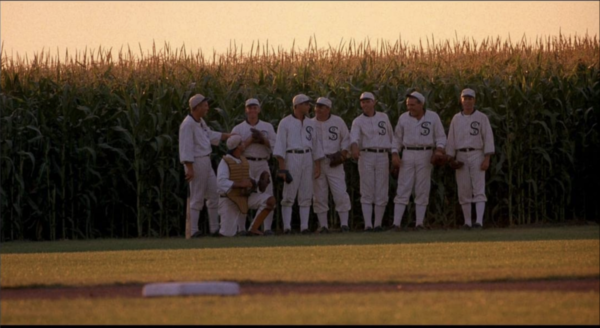
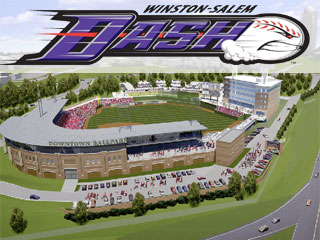
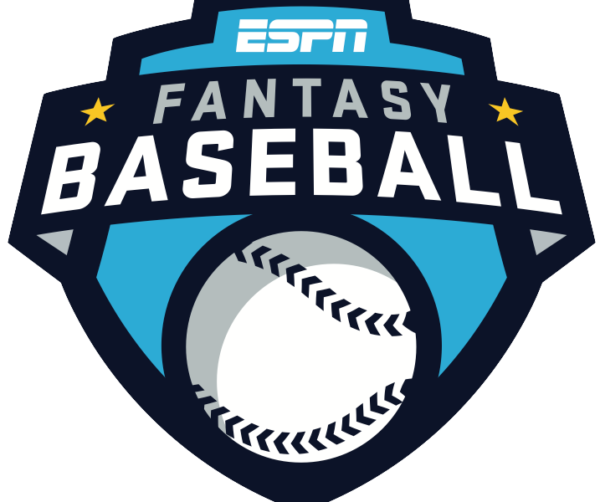
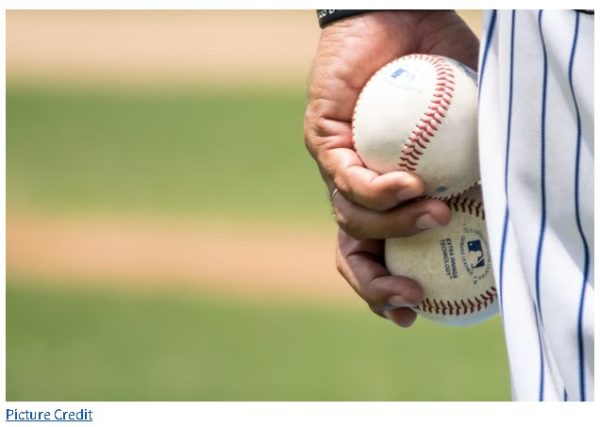
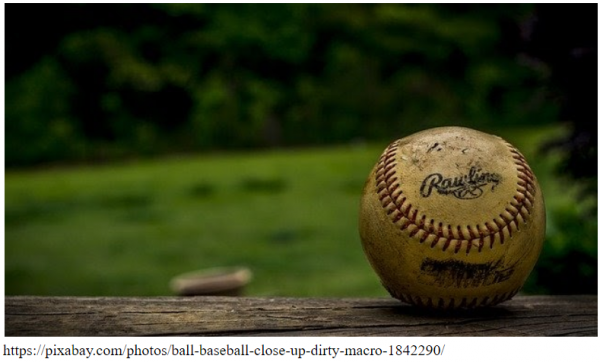

One Response
Racism as the only reason to compare players from the same league’s ability to succeed in MLB? Really? Pretty lazy and simplistic rationalization. Dice-k is a better comp considering age and pitch repertoire.